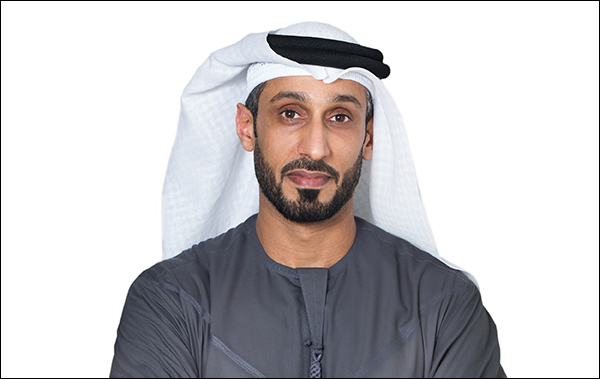Dubai Future Foundation today announced that the jury has finished evaluating the projects that qualified for the final stage of the ‘One Million Arab Coders’ challenge. Launched last year by His Highness Sheikh Mohammed bin Rashid Al Maktoum, Vice President and Prime Minister of the UAE and Ruler of Dubai, the challenge has provided graduates of the ‘One Million Arab Coders’ initiative from around the world with the opportunity to participate to showcase their innovative ideas based on programming techniques and applications, and to – compete to win prizes totaling USD1.35 million.
The jury comprises a group experts in programming, technology and entrepreneurship – Fadi Ghandour, Chairman of Wamda Capital; Bashar Kilani, Managing Director of Accenture Middle East; Dr. Abdul Latif Al Shamsi, Director of the Higher Colleges of Technology; and Ronaldo Mouchawar, Vice President of Amazon in the Middle East.
The committee worked to select the most prominent software projects based on a set of criteria, including the quality of the idea, economic feasibility and technology employment. A total of 20 projects made it to the final stage of the challenge, the best of which will receive the USD1 million grand prize , in addition to honoring five runners-up.Also , USD25,000 will be awarded to each of the four best trainers in recognition of their prominent role in training Arab programmers and empowering them with innovation and creativity skills.
Khalfan Juma Belhoul, CEO of the Dubai Future Foundation, said that the ‘One Million Arab Coders’ challenge embodies the belief of His Highness Sheikh Mohammed bin Rashid in the capabilities of Arab youth to contribute positively to the development of their societies and create a better future for humanity. It also provided the world with a platform to showcase the most prominent skills that Arab programmers have acquired in employing modern technology, giving young people the opportunity to share their innovative ideas and compete to win prizes worth more than USD1 million.
Belhoul praised the efforts of the members of the jury in evaluating all the participating projects from around the world. He said that the organized and meticulous work of the jury and the work team over many months was behind the success of the graduates of the ‘One Million Arab Coders’ initiative in developing their projects based on programming techniques and applications that they gained during their participation in the largest initiative of its kind in the region.
The challenge has also provided them with an opportunity to highlight their skills and futuristic ideas, and share their experiences in employing programming language techniques and applying them in developing new solutions to the challenges posed, thus contributing to improving the quality of life of societies by relying on coding, the language of the future, and its applications.
“The UAE leadership believes that creative young minds are a pillar for the sustainability of our country’s development and leadership in all fields, which necessitates that we exert more efforts to empower Arab youth with the language of the age, and provide them with knowledge and sciences that keep pace with the requirements of the future,” he added.
The jury revealed that the programing projects participating in the ‘One Million Arab Coders’ challenge were distinct due to their focus on strengthening the knowledge-based economy, adding that some of the participating applications and projects excelled in the use of technology in a remarkable manner in various vital sectors, while other projects were outstanding in investing coding in community service.
Supervised by the Dubai Future Foundation, the ‘One Million Arab Coders’ initiative is one of the global initiatives of Mohammed bin Rashid Al Maktoum and has attracted more than one million young men and women from about 80 countries, to develop their programming language skills. The programme’s affiliates participated in about 5 million hours of study and work, and 76,000 training workshops, and completed 100,000 successful graduation projects. More than 1,500 grants were afforded in the advanced “Nanodegree” programming courses to exceptional participants, and it also provided support to those wishing to learn programming via its platform through the participation of more than 3,600 certified trainers from around the world, to help them with technical aspects and provide technical support and tips to transform their ideas into practical projects.
The ‘One Million Arab Coders’ initiative provided the opportunity for its affiliates to learn many programming skills and apply them in the areas of developing websites and mobile applications, as well as many other technological sectors such as blockchain, artificial intelligence, data and cloud computing.
